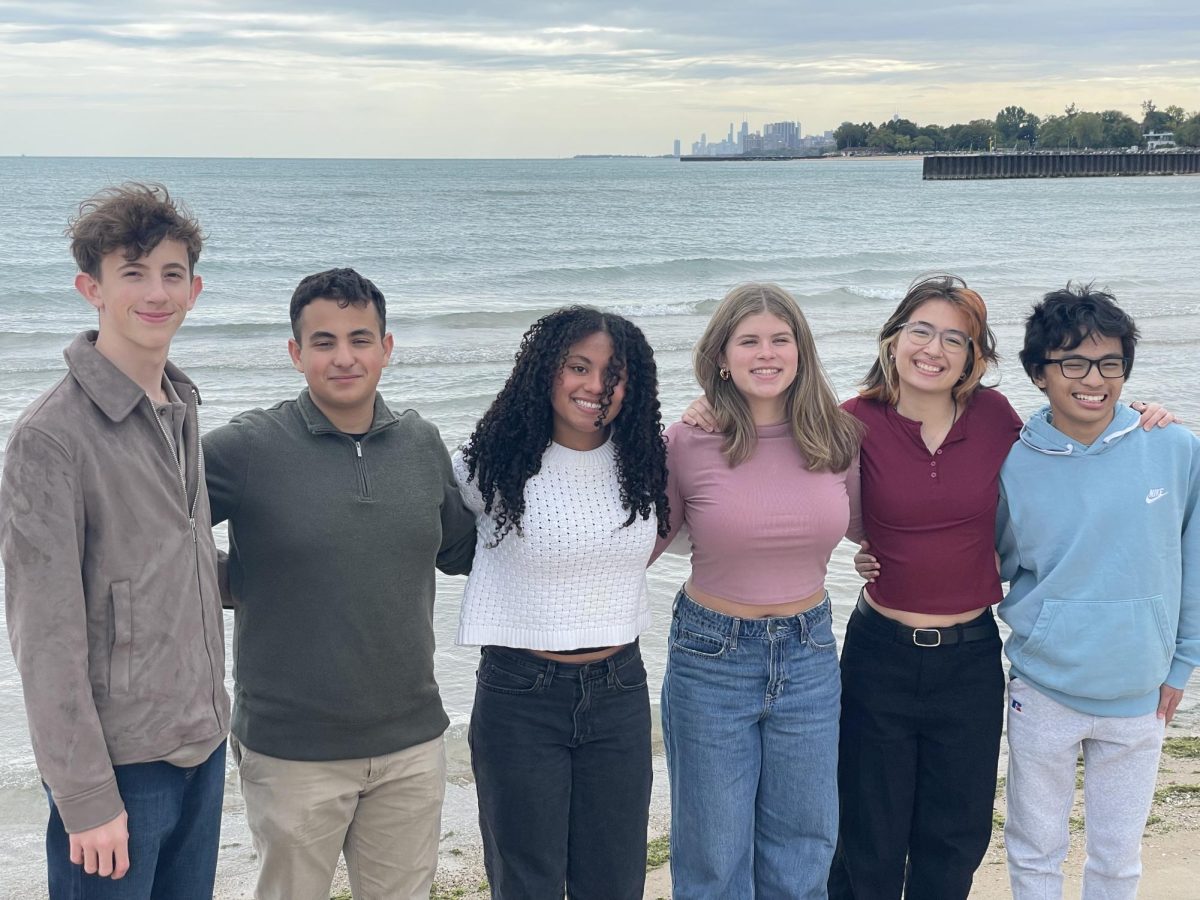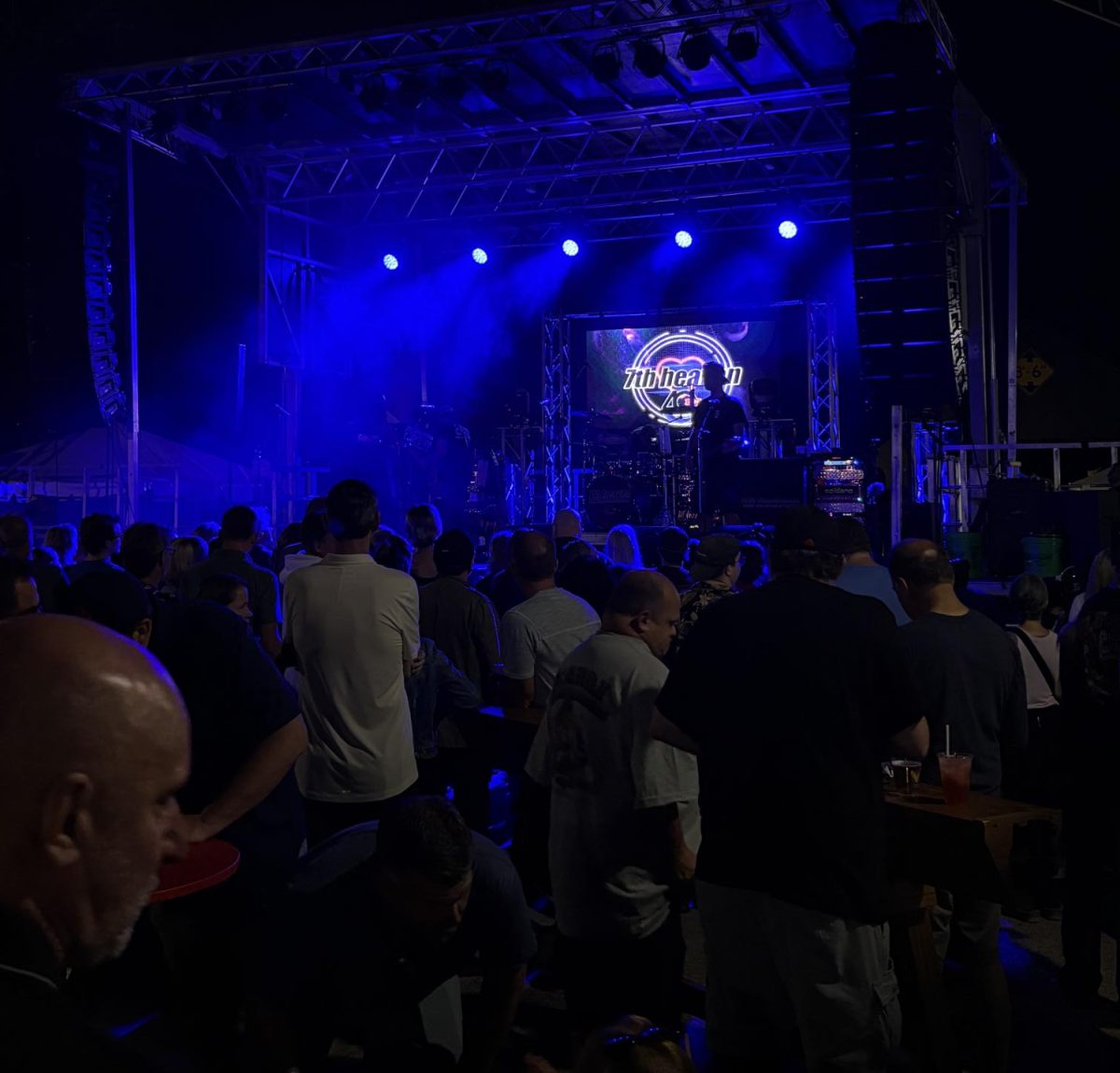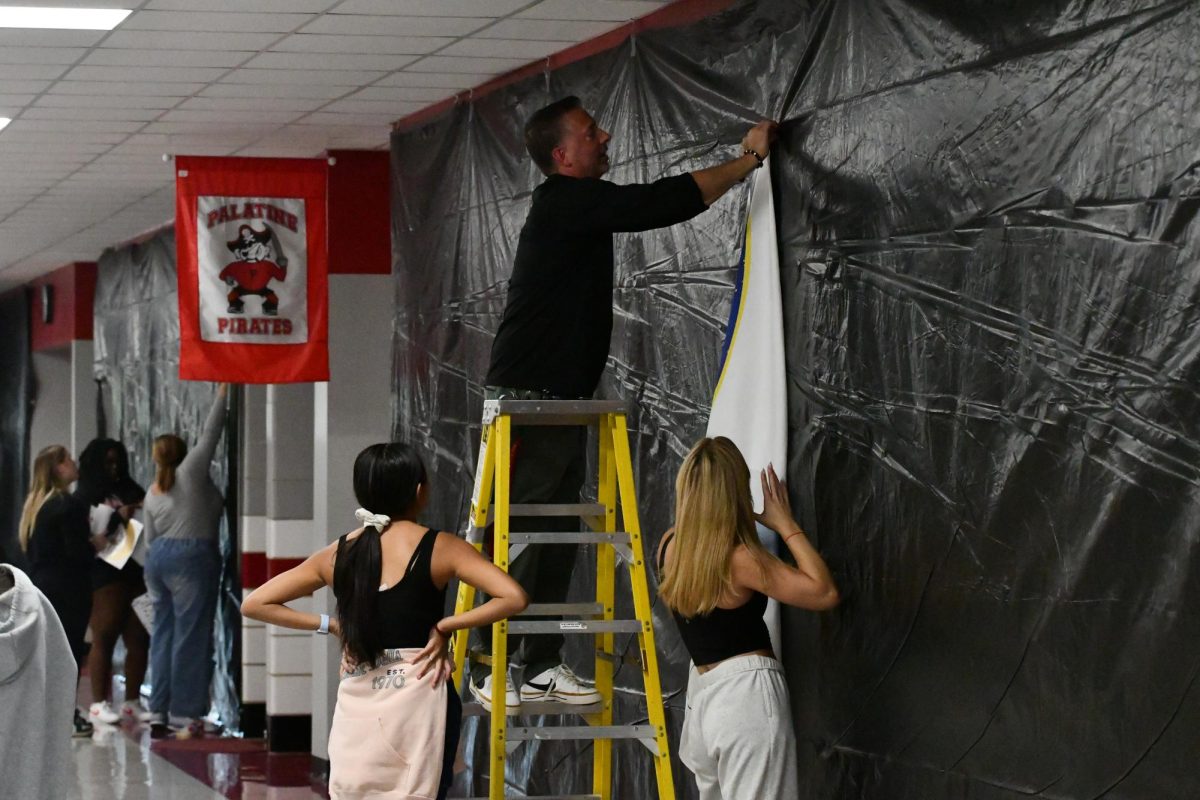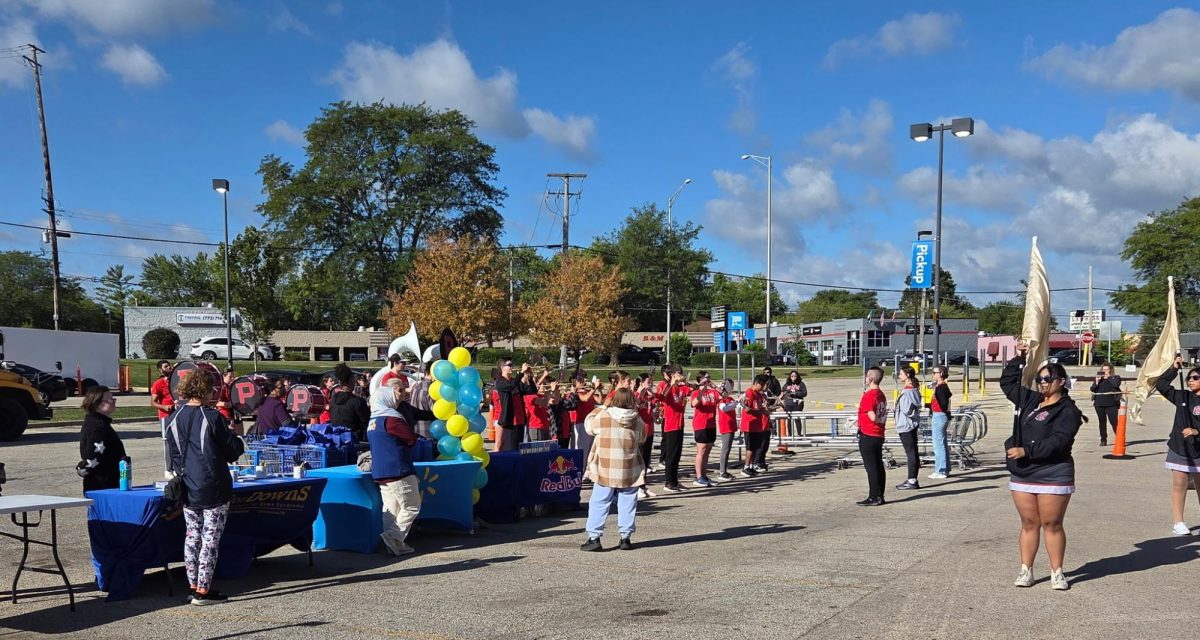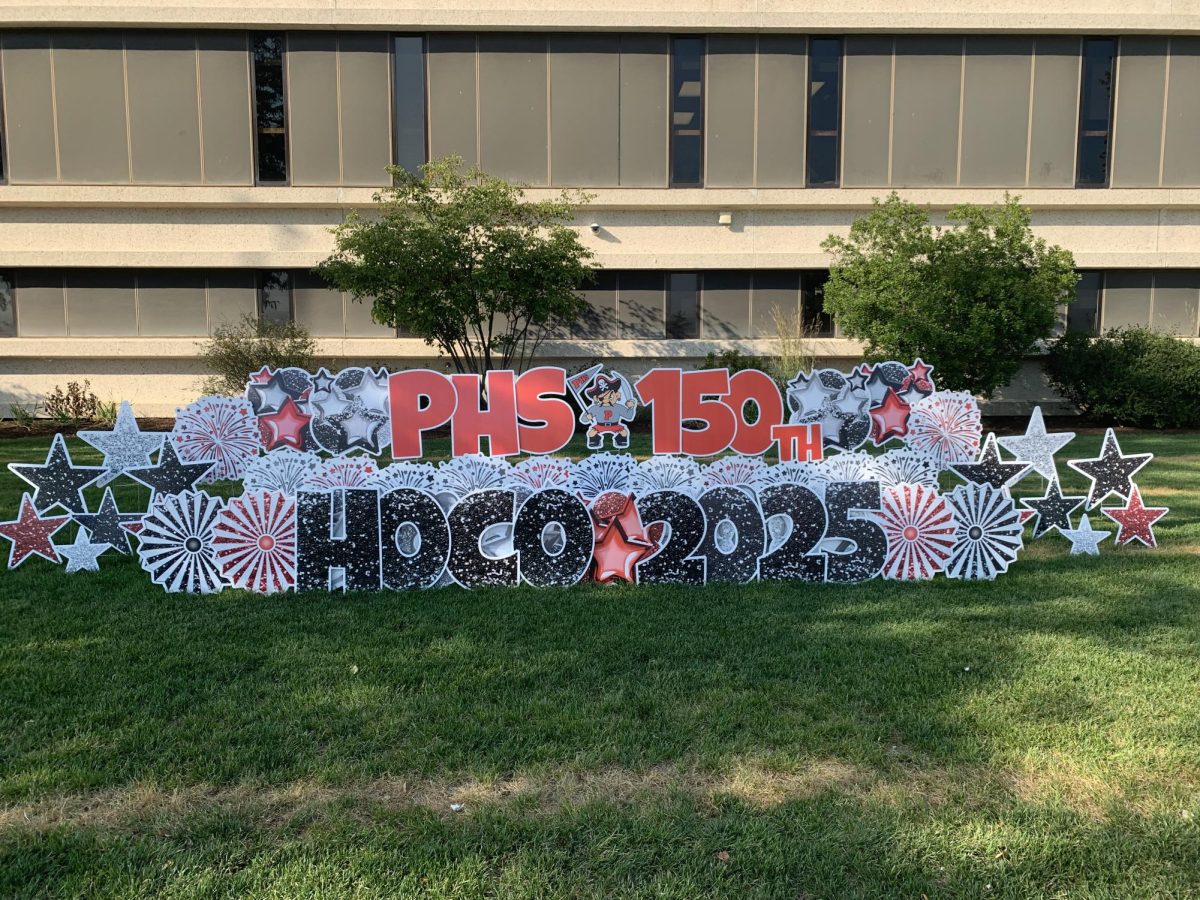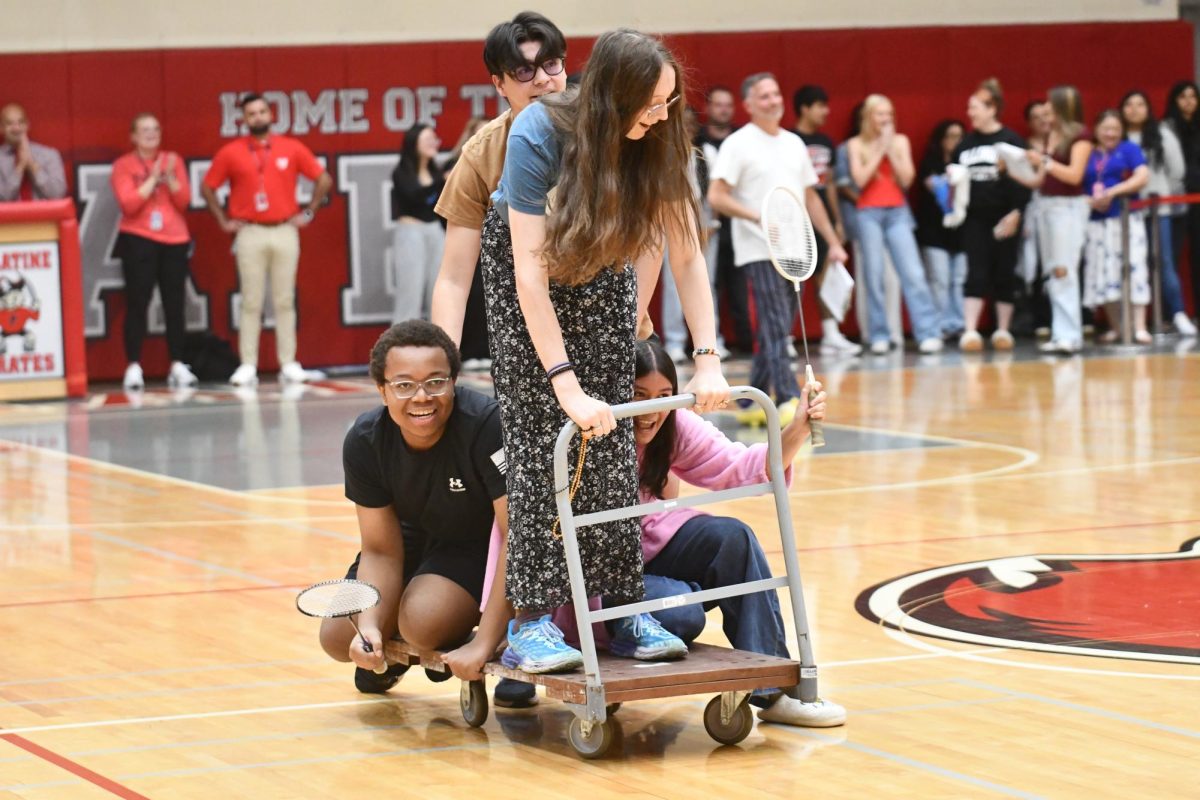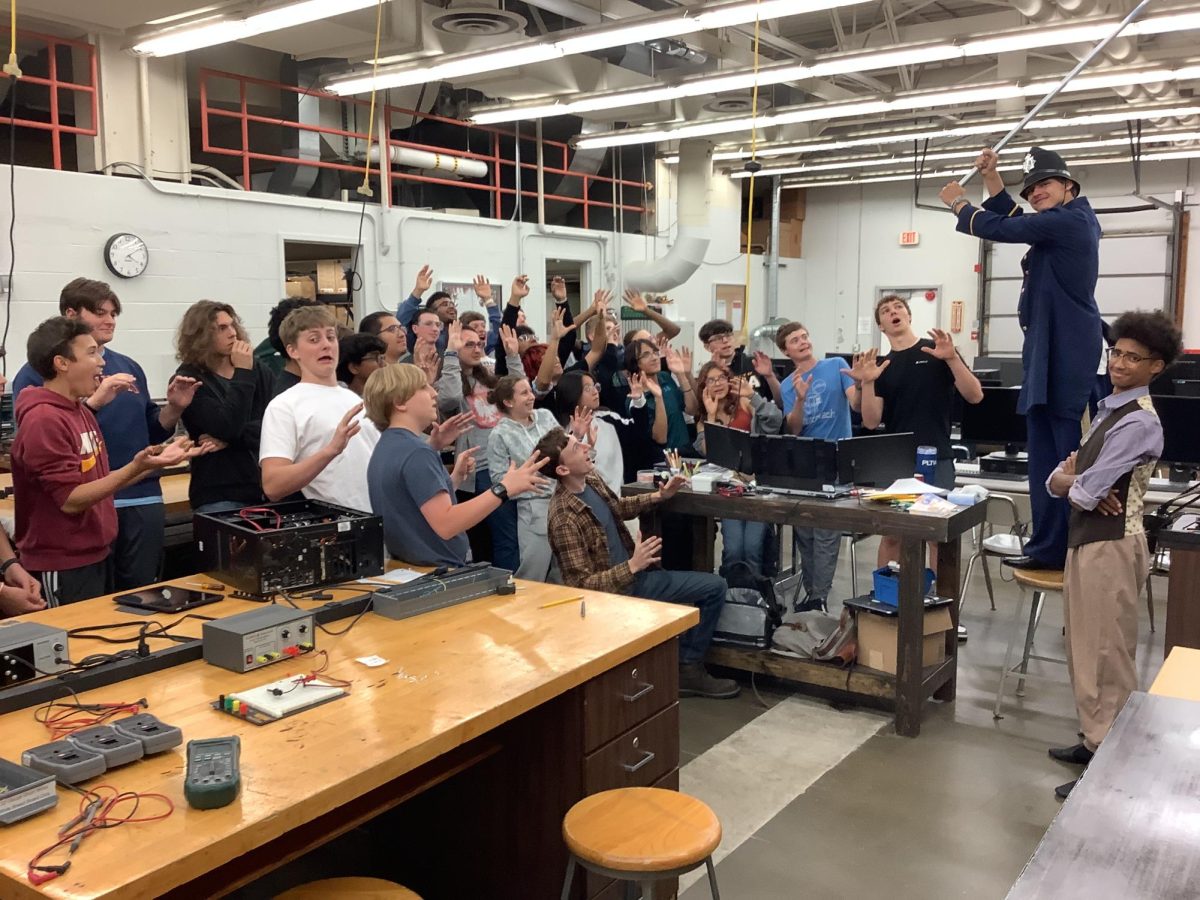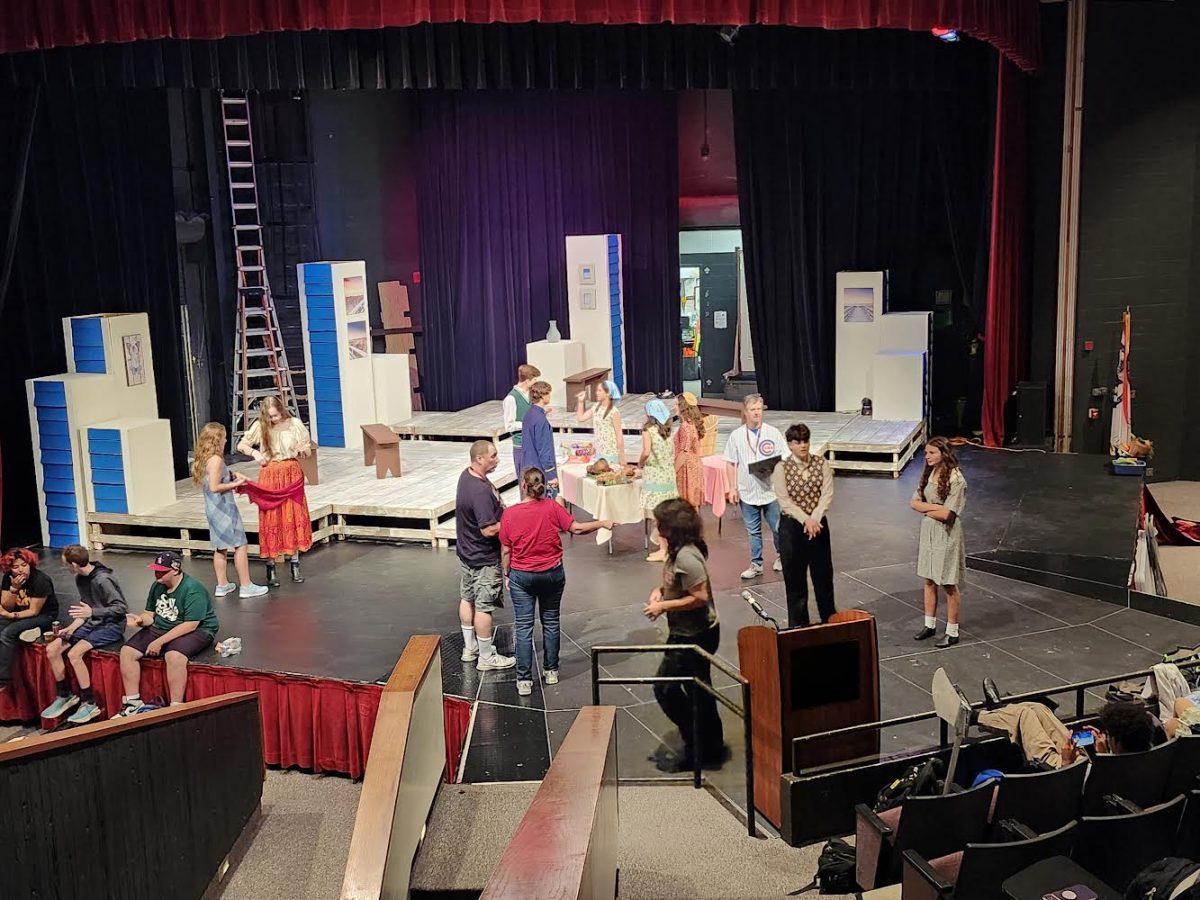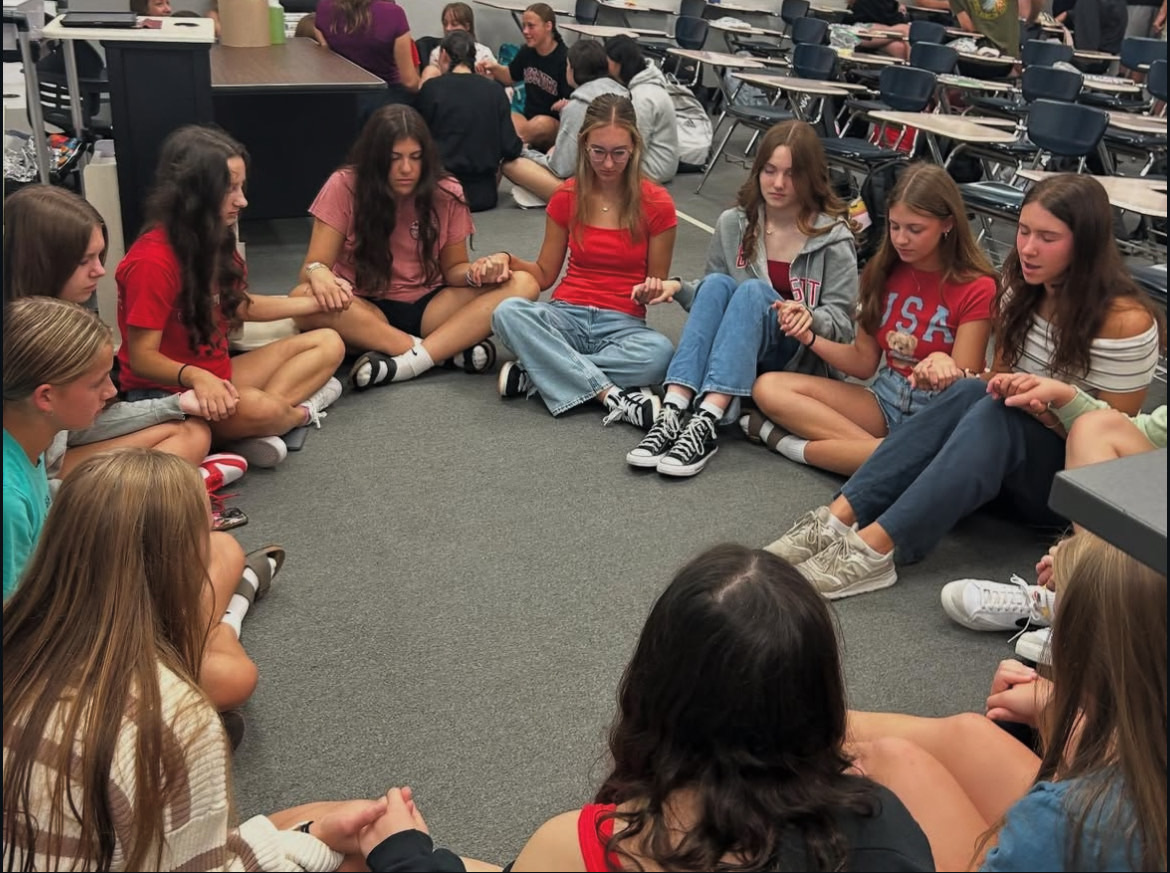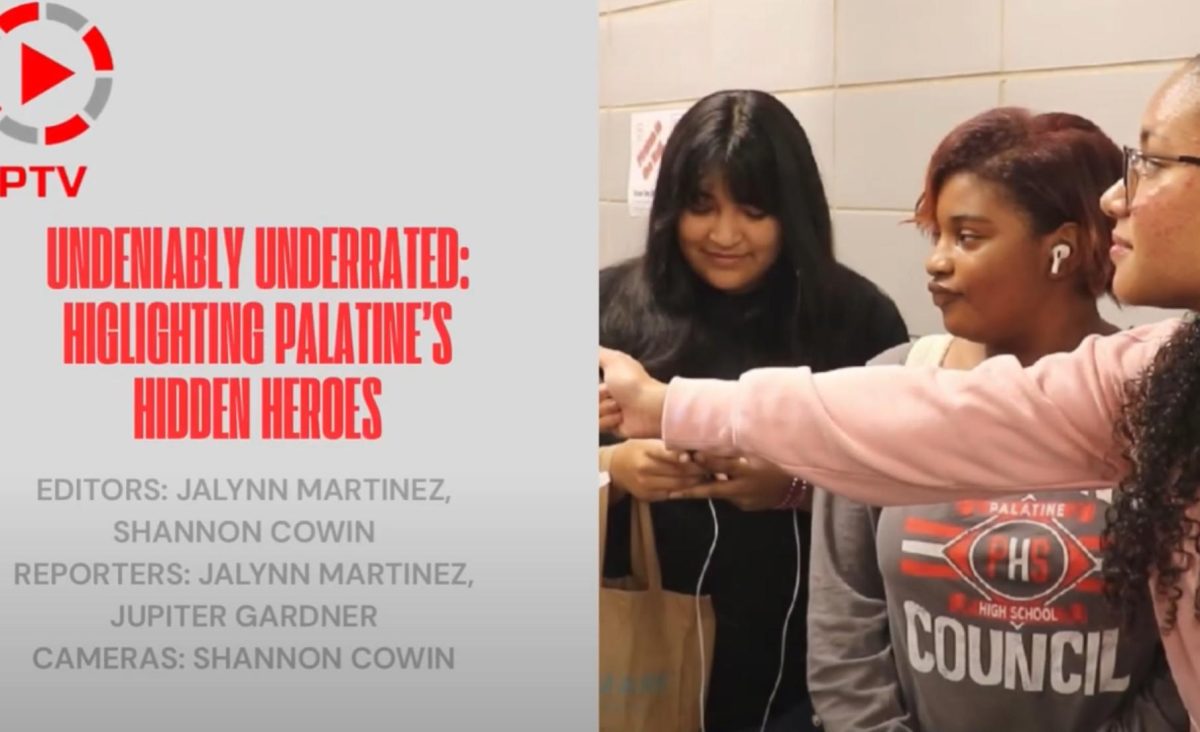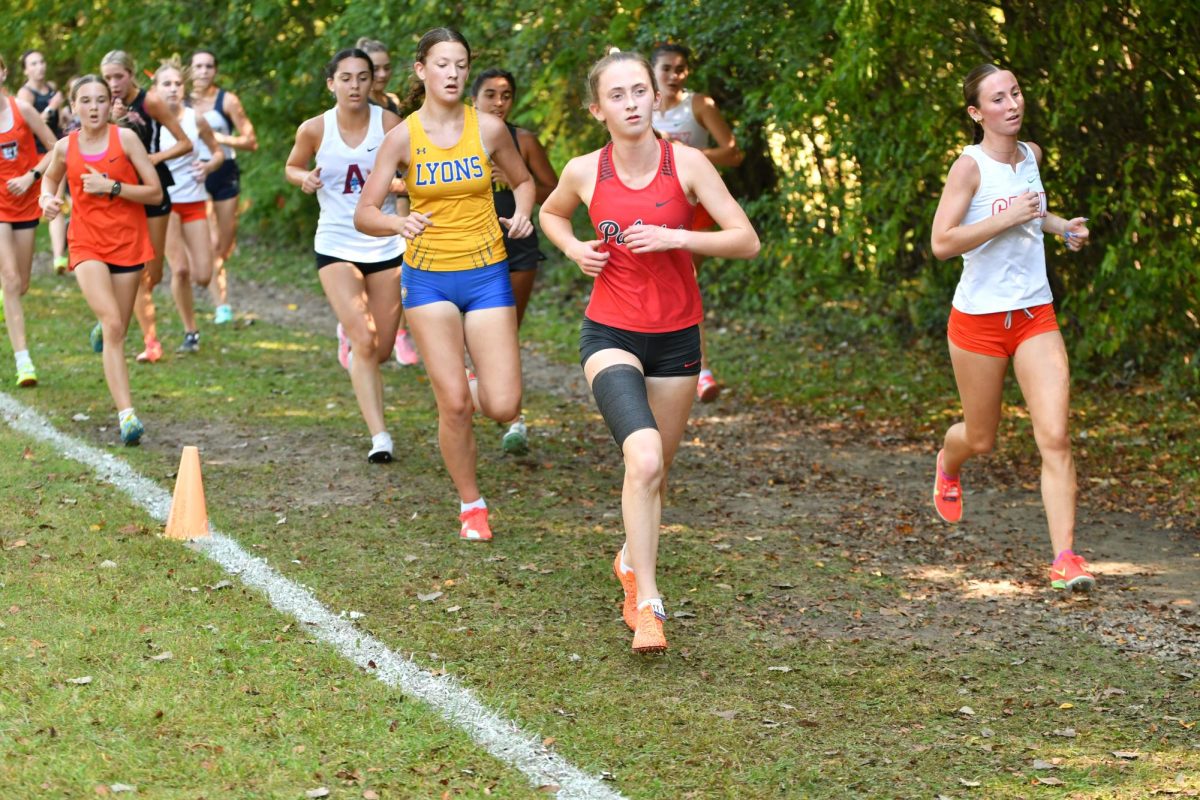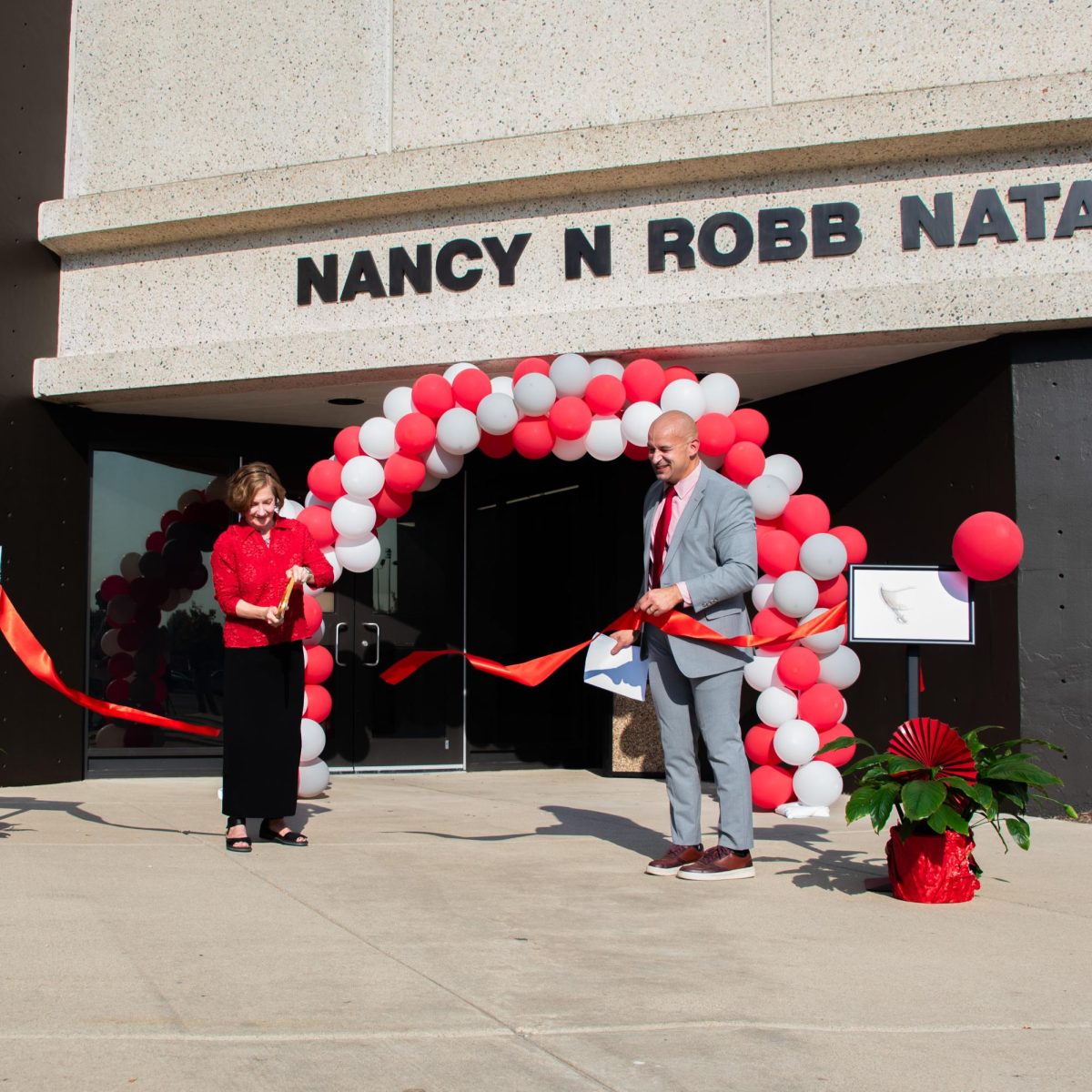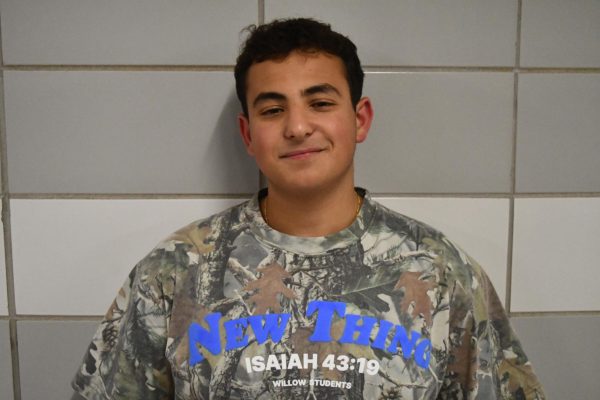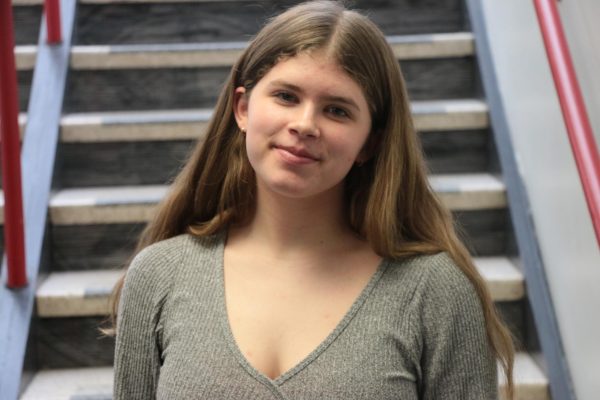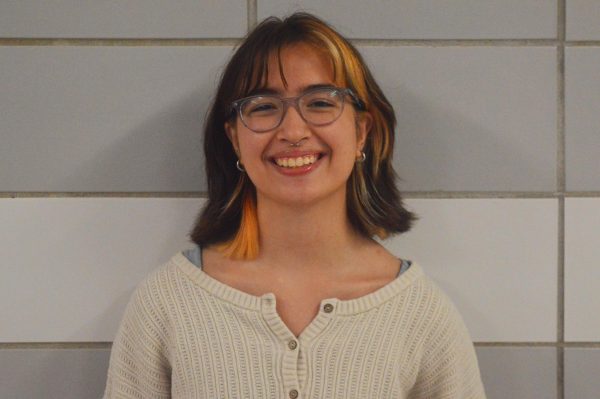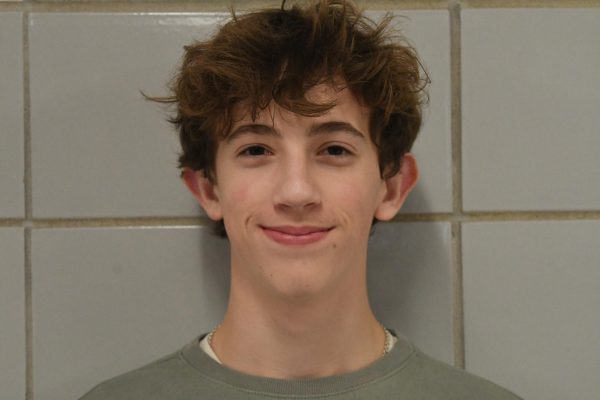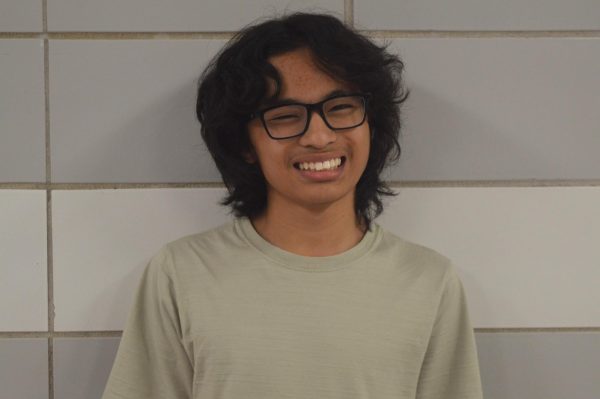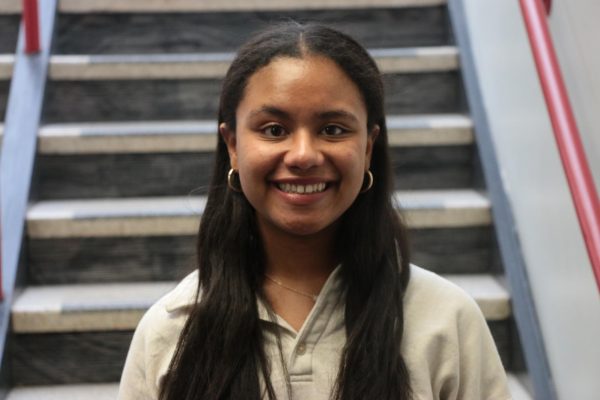“How bad was that song, ‘Wood’?” music critic Jim DeRogatis said to a group of unsuspecting teenage student journalists, drawing widespread rumbles of agreement.
DeRogatis, a newly appointed faculty member at Northwestern’s Medill School of Journalism, served as the keynote speaker for the school’s annual high school journalism day, which Cutlass editors attended.
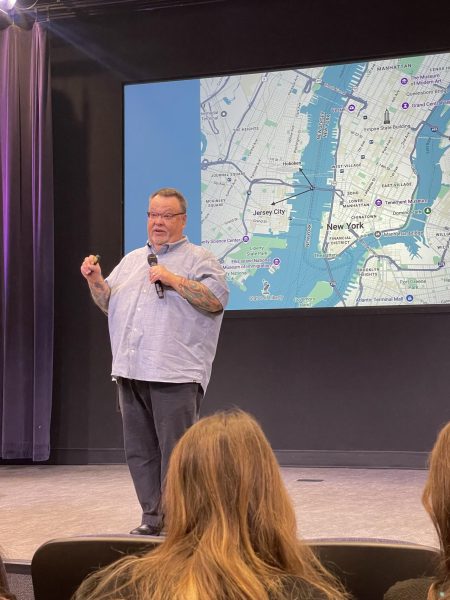
DeRogatis grew up in 1980s New Jersey, where he got his start in student journalism before launching a career as a music critic. He has interviewed some of the biggest names in music and co-hosts the Chicago-based talk show Sound Opinions.
During his presentation, DeRogatis shared several journalism “life lessons,” from finding stories in unexpected places to reflecting on the everyday magic of the craft.
“There are stories everywhere, but usually not where the pack is,” DeRogatis said, recalling when a New York columnist chose to interview John F. Kennedy’s gravedigger instead of following reporters focused only on the Kennedy family.
For the students in the room, his message was clear: the best journalism comes from curiosity, independence, and the willingness to look where others don’t.
That same dedication to uncovering truth was reinforced in remarks from Medill Dean Charles Whitaker.
“When I was studying here at Medill, so many people said journalism was dying, yet here I am, and here you are to learn, craft, and grow in journalism,” Whitaker said. “Journalism will always be needed and will exist for decades to come.”
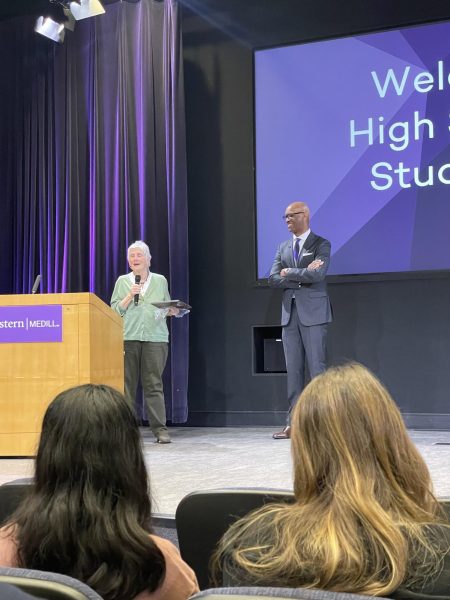
The basis of the Whitakers’ introduction to the event was to highlight how journalism isn’t just about covering stories but revealing the story and truth of moments of history.
At the end of his speech, he presented Linda Jones, the former director of the Illinois Journalism Education Association (IJEA), with an award from the Journalism Education Association (JEA) for lifetime achievement regarding journalism.
“Receiving this award is such an honor, but being able to receive and celebrate it here just gives a testament to Medill’s support of high school journalism,” Jones said.
Throughout the event, from the opening speech to the workshops, one topic stood out: journalism is about writing history and exposing the truth and facts that people need to know about.
Topics from corruption to behind the scenes of the musical are all stories that journalists cover to reveal the personal narratives or general information that specific people or anyone needs to know about.
“If I could only say one thing to the students who attended this event, it would be to be curious about the world,” Karen Springen, a professor at Medill, said. “What should people know that they don’t know already?”
She noted that journalism’s value extends beyond the newsroom, shaping how students think and engage with their communities.
“I’m always like, oh, please become a journalist,” Karen Springen said. But even if they don’t, they’re going to be a better citizen, better at whatever their jobs are.”
In a lecture by J.A. Adande, Director of Sports Media and Sports Journalism at Medill, students learned what it takes to “win in sports media.”
A seasoned reporter who has interviewed athletes such as Lewis Hamilton, Stephen Curry, and Kobe Bryant, Adande urged journalists to tell hard truths and report without bias. He discussed key principles of sports journalism, including the value of anonymity, consistent practice, “owning your zone,” and learning from everyone you meet.
Adande also emphasized the distinction between information and opinion pieces.
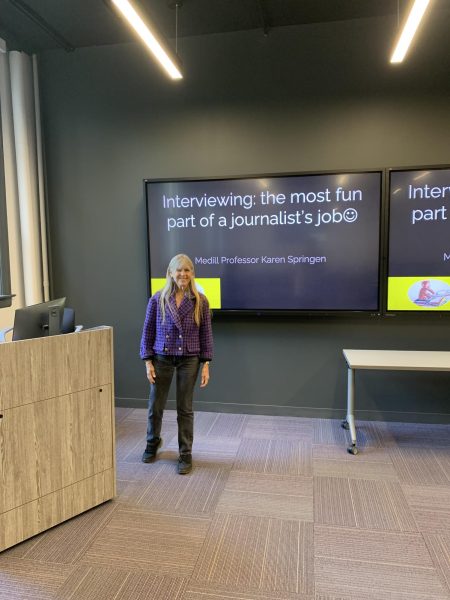
“You can have any opinions you want as long as you have facts to back them up,” he said, explaining that opinion writing must be grounded in evidence, while purely informational reporting should remain objective.
Some students also heard from Patti Wolter, a professor who spoke about narrative structure in feature writing.
Wolter gave students tips about storytelling and exposition to grab readers’ attention and to create compelling articles.
The Director of Audio Journalism Programming at Northwestern, Natalie Moore, presented the workshop “Let’s Call It Audio Reporting.” Moore discussed how to better incorporate ambient sounds into journalism, which she refers to as an “Audio Postcard,” as well as emphasizing the importance of engaging an audience with audio choices.
A highlighted piece was a story about pickleball during the COVID-19 pandemic, where she embedded natural ambient sounds of pickleball players as a background motif.
“We were right in the middle of COVID,” Moore said. “It was important to have a non-COVID-related story, because we’re all COVID all the time, which is understandable.”
By the end of the event, students left Medill with advice from professionals across every corner of the industry, all centered on one idea: journalism’s purpose endures through truth, curiosity, and the stories that matter most. Every speaker reminded students that journalism’s core mission remains the same: to inform, engage, and keep the public aware.



